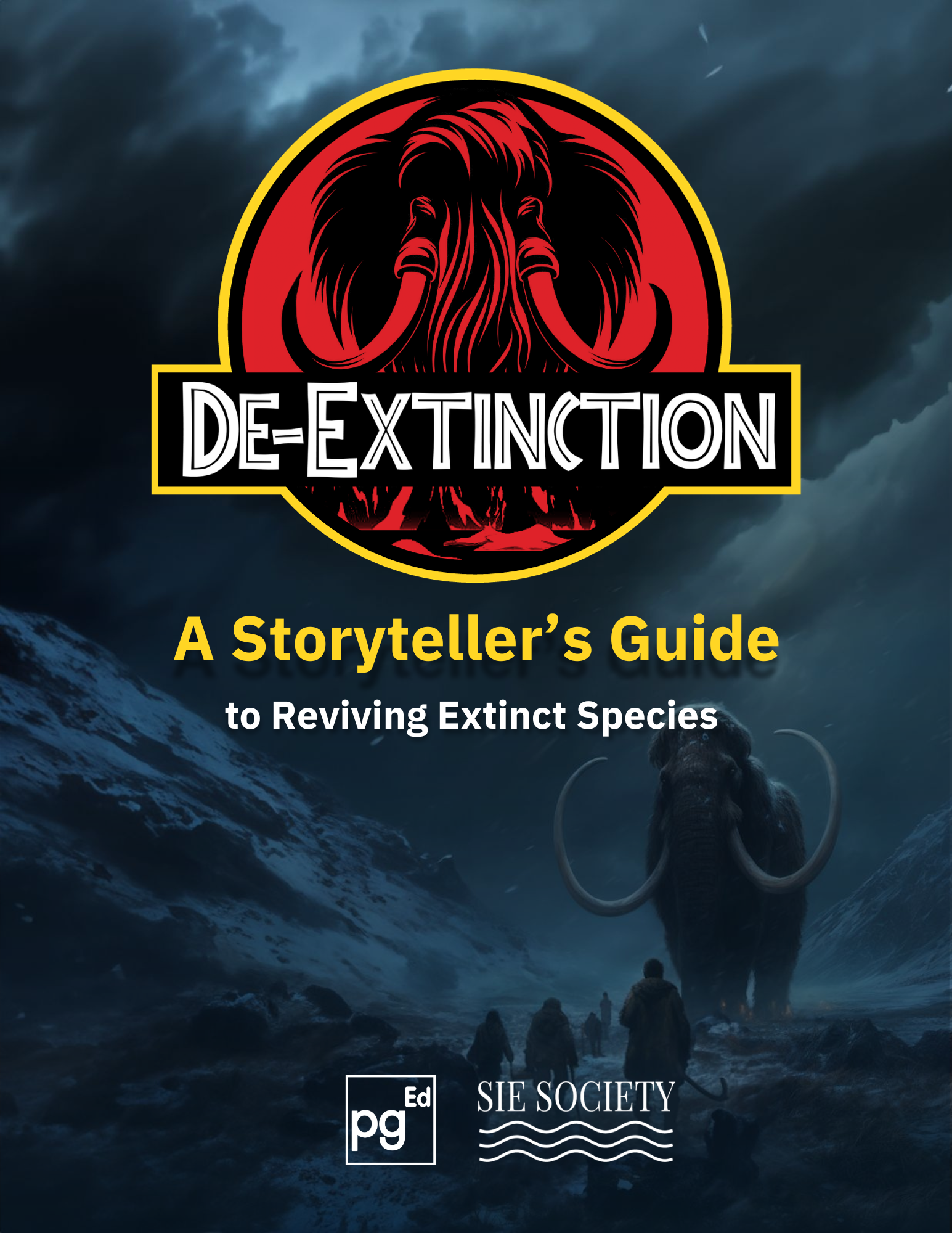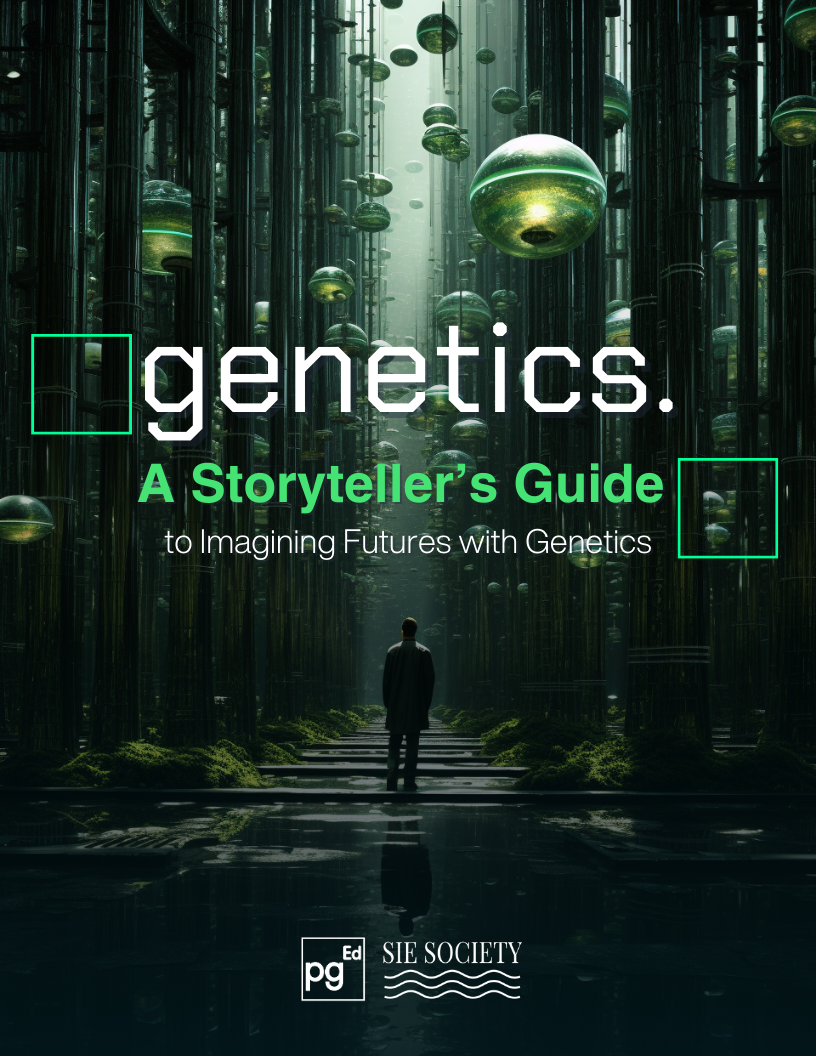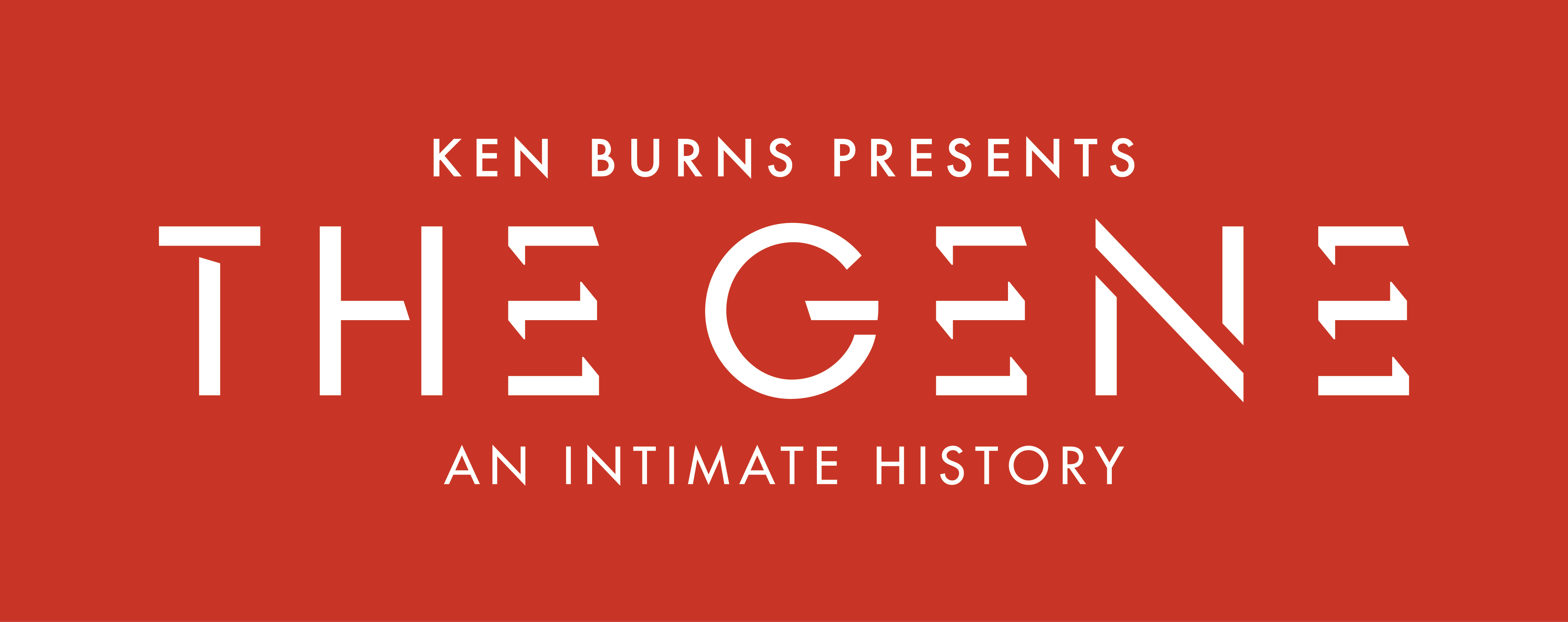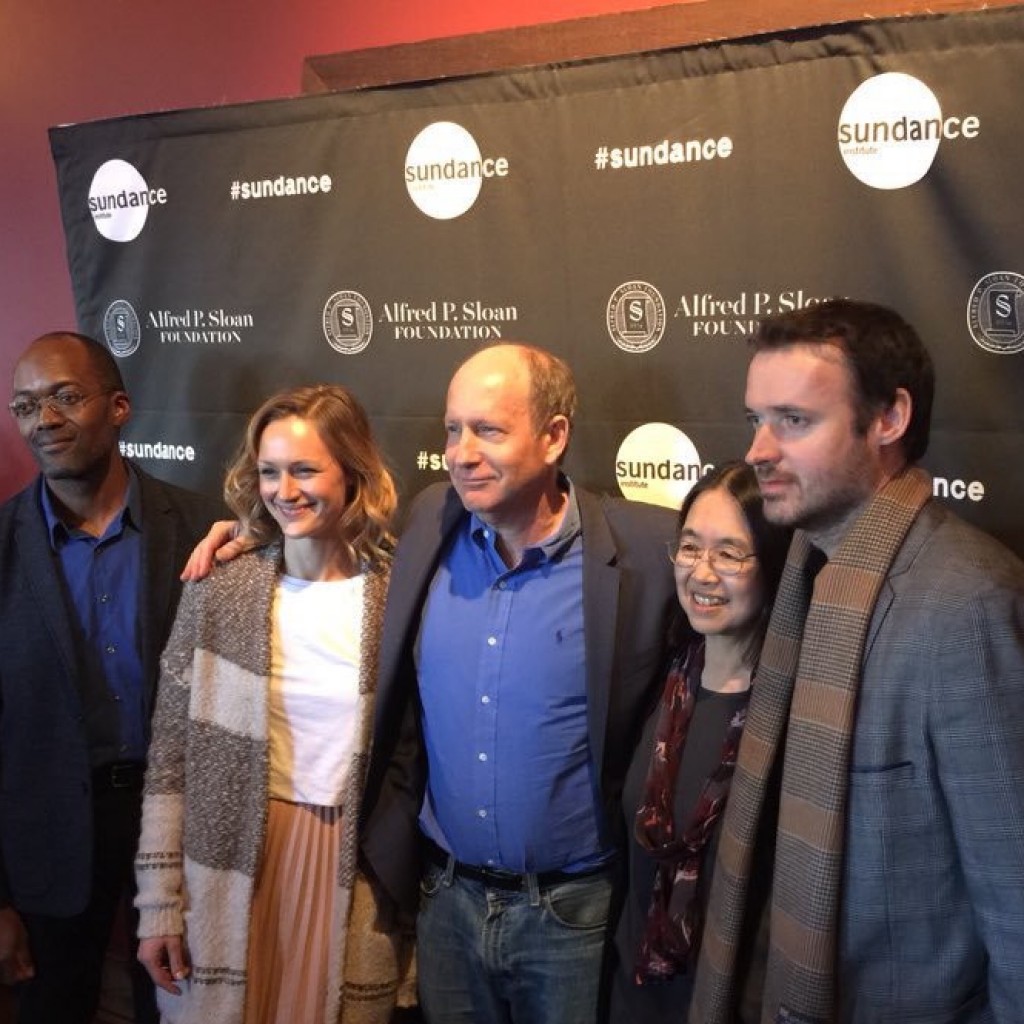Teaming up with writers and producers
More and more, genetics plays a role in storylines on the big and small screens. In a single day, millions of people may find genetics entering their lives through TV shows and movies. And with the recent advances in technologies for “editing” DNA, such as CRISPR (pronounced “crisper”), a number of documentaries have been made that shine a spotlight on the real-life stories of scientists, patients, and communities.
Our Current Collaboration
We created digital resources in collaboration with the Social Impact Entertainment Society that serve as guides for storytellers to integrate concepts about genetics, ethics, and society into their work.


There are exciting opportunities for working together with writers and producers to raise awareness about the potential of new genetic tools as well as the ethical dilemmas. pgEd has been fortunate to work with two organizations that bridge the worlds of science and entertainment: Hollywood, Health & Society at the USC Annenberg Norman Lear Center and the Science & Entertainment Exchange of the National Academy of Sciences. We have also partnered with WETA as Education Partner for a PBS documentary.
Get notified when we offer more events or resources for storytellers!
PBS – The Gene: An Intimate History
pgEd partnering with public broadcasting station, WETA, to raise awareness on genetics and society, as an extension to their film: The Gene: An Intimate History. This documentary from Ken Burns and Barak Goodman is based on a book with the same title by Siddhartha Mukherjee. It traces the history of genetic science from the earliest theories of inheritance through modern breakthroughs in genome editing and personalized medicine. pgEd is working with the creative team at WETA and their national network of affiliated stations to support public engagement programming. In addition, we are creating companion educational resources that are freely available on PBS LearningMedia.

The Science & Entertainment Exchange
pgEd has engaged with creators of television and film through energetic Exchange events, including Science Speed Dating, writers retreats, and salons. Thanks to our friends at the Exchange, pgEd had the pleasure of advising Carylanna Taylor and Jacob Okada on ethical issues in genetics that are explored in their 2019 film, ANYA. For more on how pgEd, our Director Ting Wu, and her lab contributed to this project, read this blog post from Ting.
Hollywood, Health & Society
Through our work with the fast-paced HH&S team, pgEd has consulted on television shows including Grey’s Anatomy, Elementary, Perception, Blink, Starcrossed, The Following, Lucky 7, The Wolf Man, Make Your Mark, The 100, Switched at Birth, and How to Get Away with Murder.
For more on our work with the Grey’s Anatomy team, read The Science Behind Grey’s Anatomy by Melissa Malamut (Boston Magazine, 2013) and Science on Set by Rachel Bernstein (Cell, 2013).
Sundance Film Festival
pgEd’s Director, Ting Wu, was a juror for the Alfred P. Sloan Prize at the Sundance Film Festival in 2016, recognizing depiction of science in a feature film. Ting’s co-jurors included Halt and Catch Fire star Kerry Bishé, past Sloan winners Mike Cahill and Shane Carruth, and USC professor Clifford V. Johnson.



